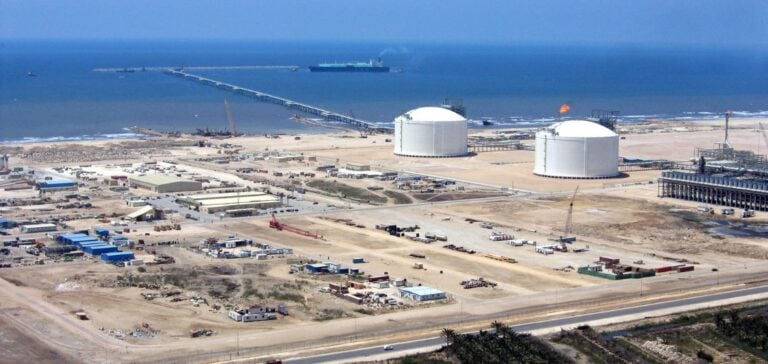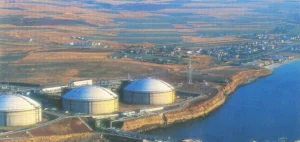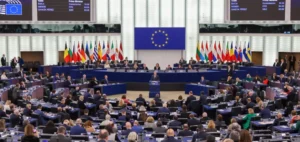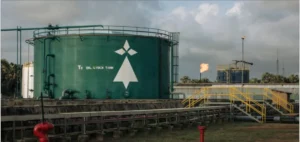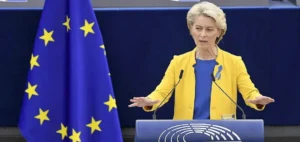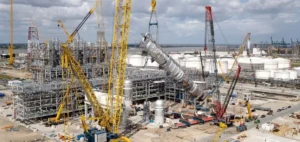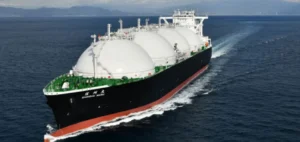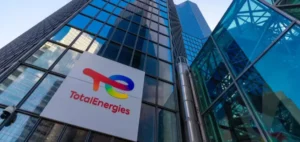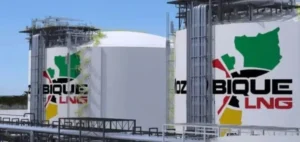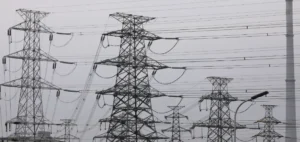Egypt, as a key player in the global liquefied natural gas (LNG) market, recently awarded a major tender for the supply of 20 LNG cargoes for the fourth quarter of the year.
This decision, taken by the Egyptian Oil and Gas Company (EGPC), comes against a backdrop of fluctuating prices and increased competition on the international market.
Cargo prices were set between TTF plus $1.5 and $1.6/MMBtu, down from the previous tender, where prices ranged between TTF plus $1.6 and $2/MMBtu.
Extended payment terms also played a significant role in the pricing structure, adding around 50 to 60 cents/MMBtu to the total cost.
Taking these conditions into account, the purchase cost for Egypt amounted to around $45 million per cargo, for a total of around $907 million for all 20 cargoes.
The majority of cargoes were awarded on the basis of a floating price, reflecting the competitive nature of the TTF premiums offered by the various participants.
Company participation and cargo allocation
The tender attracted considerable interest, with over 15 companies taking part in the competition.
Among the successful companies were major players such as Aramco, Glencore, Gunvor, Total, BP, Hartree, BB Energy and Shell.
According to market sources, Aramco won the largest number of cargoes, with around 6 to 7 cargoes awarded, while the other companies received between 1 and 3 cargoes each.
The cargoes are scheduled to be distributed over three months, with seven deliveries in October, six in November and seven in December.
The majority of the cargoes, 17, are scheduled for delivery to the Hoegh Galleon floating storage and regasification unit, located at the Ain Sukhna import terminal.
The remaining three cargoes will be delivered to the Aqaba terminal in Jordan, with one cargo scheduled each month.
Price trends and market expectations
Prices for this tender showed a downward trend compared to the previous tender, which led to mixed expectations among traders.
Some anticipated that prices would be lower than in the summer tender, due to increased competition.
One Europe-based trader said, “I think the price will be lower than the summer tender, given the higher number of participants.”
However, other traders expressed concerns about higher premiums, due to geopolitical risks, Suez Canal restrictions, and high shipping costs during the winter months.
One Atlantic trader noted that “cargoes for EGPC could end up being higher than previous spreads by around 0.15 to 0.2 (in TTF spread),” pointing to the complexity of deliveries and technical and bureaucratic requirements.
Impact of market conditions on liquidity
The current market situation is marked by increased competition between Europe, Asia and even Latin America for LNG supplies.
Sellers have been heard holding back their bids for the Egyptian tender, reducing liquidity in the European market.
This dynamic was exacerbated by the need for Egypt to navigate a complex delivery environment, with technical and bureaucratic requirements that could influence final prices.
Platts’ assessments for Eastern Mediterranean LNG deliveries for October to December have been set at between $1.279/MMBtu and $1.745/MMBtu, which could serve as a ceiling for prices awarded by EGPC, without taking into account extended payment terms.
As of September 12, Platts valued DES East Mediterranean LNG at $11.584/MMBtu, reflecting a premium of 38 cents/MMBtu over the Northwest European LNG market and a premium of 17.5 cents/MMBtu over the Dutch TTF.
Future prospects and challenges
The outlook for the LNG market in Egypt remains complex, with challenges linked to persistent demand in Asia and Latin America.
Traders and analysts are closely monitoring price trends and the potential impact of geopolitical conditions on supplies.
Expectations for future prices are mixed, with some anticipating stabilization, while others foresee increases due to shipping costs and risks associated with the winter season.
Market players also need to consider the implications of extended payment terms on cost structures.
Traders are expressing concern about Egypt’s ability to manage these challenges while maintaining a competitive position in the global LNG market.
Decisions taken in the coming months will be crucial in determining the future trajectory of Egypt’s LNG supply and its role on the international stage.


